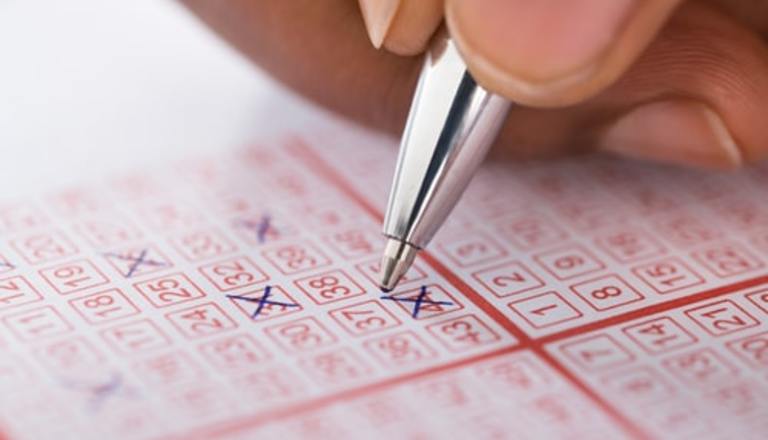
Have you ever wondered how lottery odds are worked out and calculated
You might think that lottery games are put together in a way that gives the operator an advantage over the player, who has very little chance of winning a prize. And you would be totally right. The odds of winning any prize on a lottery draw is very slim and gets even slimmer as the prizes increase in value.
A Game of Chance
So is the lottery ripping players off? Not at all. This is how all games of chance work. The odds always favour the operator who still makes a profit even when players win prizes. Let’s say a player spends one hundred dollars on the lottery and wins five dollars in a prize. The lottery operator still gets the remaining ninety-five dollars to go back into prizes, pay salaries, buy equipment, etc. Multiply that by a large number of players and the amount of money actually kept by the operator is quite large.
When you buy a ticket, you are buying a chance to win a prize, not a guarantee of a prize. You are purchasing an opportunity. Luck is the only thing that determines whether you win or not. And if the odds are not in your favour, then it becomes harder for luck to take over.
In basic terms. Lottery odds on based on the number of non-winning numbers against the number of winning numbers, plus the matching of a required pulled number against a pot of available numbers. As an example, if you take one six-sided die and were told by a game “operator” that each roll cost one dollar and if you roll the number 1 you will win ten dollars. Roll any other number and you will not win anything. So your chances of winning are not good, as the odds of winning is six to one in favour of the operator. But if the operator told you that if you roll a 1 or a 6, then you would win ten dollars, then your odds have just improved to six to two or taking it down to its simple form, three to one. So your chances of winning ten dollars have now doubled. However, the operator is still ahead as the odds are still in their favour.
Playing the Odds
Looking at this example from a true game perspective, a lottery game of matching six numbers out of forty-nine numbers, or a typical 6/49 lottery game, the odds of hitting the jackpot of all six numbers, and usually a bonus number (so seven numbers in total,) when calculated, are around fourteen million to one. The odds of hitting the lowest prize can be as good as eight to one, and the odds of hitting any prize can be as good as six to one. As such, the operator can afford to pay out a lot of smaller prizes that may be less than or equal to the ticket price, but only have to pay out very few top prizes. So money is still being made even though many small wins are being paid out.
If an operator wants to change the odds for the better for the player, they can remove the bonus number and then the odds might go down to eleven million to one. Or, if they add another bonus number requirement, then the odds will go up against the player to maybe seventeen million to one. If they add the prospect of winning two dollars for not hitting any of the pulled numbers, that might be six or eight to one
When the lottery operator designs a lottery, they calculate the number of pulled numbers that are required to win a prize, against the total amount of numbers to be pulled, and through math calculation come up with the odds associated with each prize amount win. The odds can be tweaked by adding or removing just one prize option.
